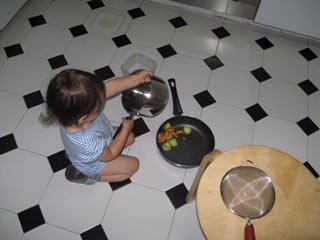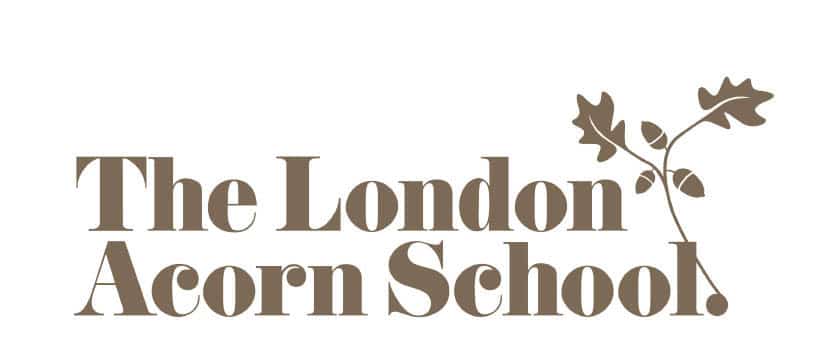
Hello everyone!
We often talk about the importance of an education that is practical (or hands on) and thus helps us cope with everyday tasks with ease and creativity.
Our modern lives, contrary to what we think, may move us away from this purpose. We do many things on a daily basis and we also obtain many things. However, most of them are ready made so we make and create very little, but we copy, buy and receive a lot.
More and more we are moving away from practical life and becoming more dependent on what is readily available. Our ability to create/make is closely connected to another important skill: autonomy.
Autonomy is a term of Greek origin whose meaning is related to independence, freedom and self-sufficiency. Someone who can make/create things will achieve autonomy more easily. Be it making your own bread, cooking your food, mending your clothes or simply tyding up your own things.
Children (and humanity) have lost a lot with the lack of experiencing everyday processes: cooking, washing dishes, hanging clothes, ironing, sweeping. Everything comes ready. Is it wrong? No, there is no right or wrong, but it is very important to follow and get involved with the beginning, middle and end of the things that happen around us. When the children are allowed and encouraged to participate they feel very proud of themselves. Allowing children to take part in the domestic activities is not only pedagogical, it is human, basic, essential. They are learning to take care of themselves, gaining autonomy, confidence, self-esteem. It brings a sense of belonging and cooperation, much needed for life in society and times of crisis.
It is through imitation that children can experience how it is to be human. They watch, they observe and they repeat in their play what they have seen. Therefore the work of the adults is also an inspiration for children’s play.
You don’t have to, and you should not force your young child to do/help with domestic activities but instead think of activities and ways in which the child can join and help if they want to.
You also don’t need to “make up” an activity just for the sake of doing it. The more meaningful and pleasant the activity is for you the happier the child will be to join in. If you do it with pleasure the message you are passing to your child is that it is a pleasant job. If you find yourself doing it with a sense of obligation rather than joy then is better to look for other activities that you and your child can enjoy together.
“When observing the perseverance of an adult completing a task with as much reverence and pleasure as the tasks we do enjoy, it imparts the work ethic that all jobs can be done to a high standard – any job can be a job well done.” (Smith 2005 cited in kindling)
When setting up an activity, the adult has to think ahead and have to hand all the necessary material for the children to use if they want to help. It is important to set up the activity in a logical and ordered way (beginning, middle and end) and allow time for setting up and tidying up. It is also important to think of ways in which the work can flow into play and the play into work. e.g. if you are cleaning chairs they can be organised in a row, allowing it to become a “train” or a “bus”, the baking place can become a bakery, etc.
Singing makes the activity a lot more fun, enjoyable and inviting.
“It is not important that work be completed quickly with as little mess or effort as possible. What is important is that the child be surrounded by a sense of pleasure and respect for the work they have contributed. By allowing a child to participate in real and practical work, the child gains satisfaction and a sense of purpose as an essential and needed member of the group.” (Smith 2005 cited in kindling)
Reference: KINDLING: The Journal for Steiner Waldorf Early Childhood Education (Autumn/Winter-2005) issue 8.
